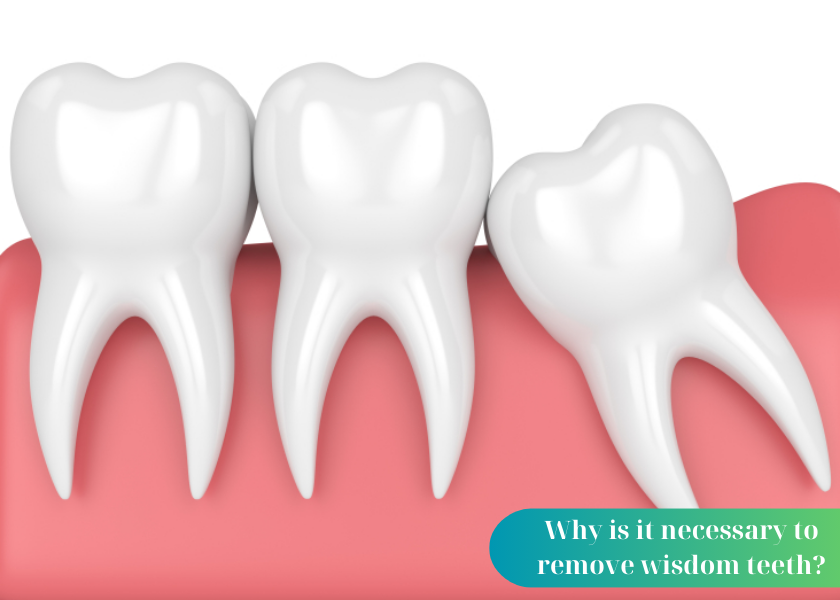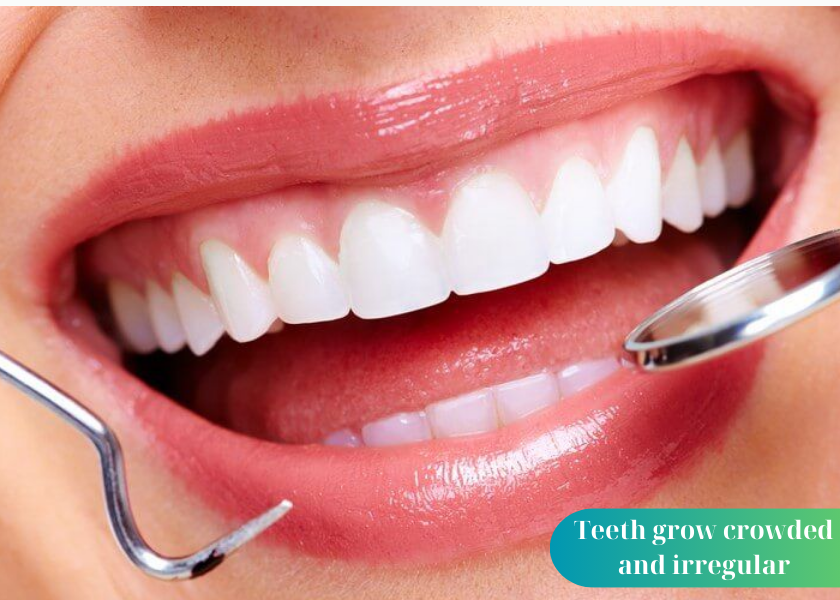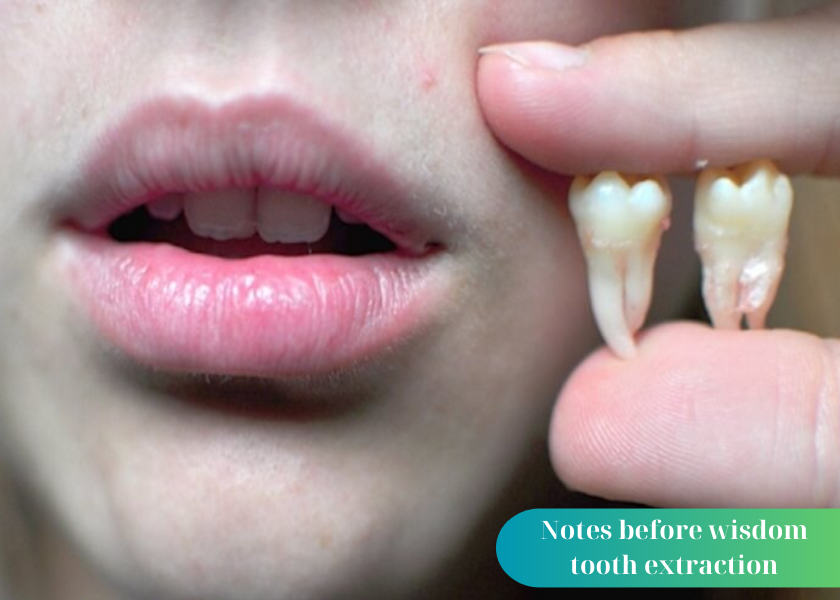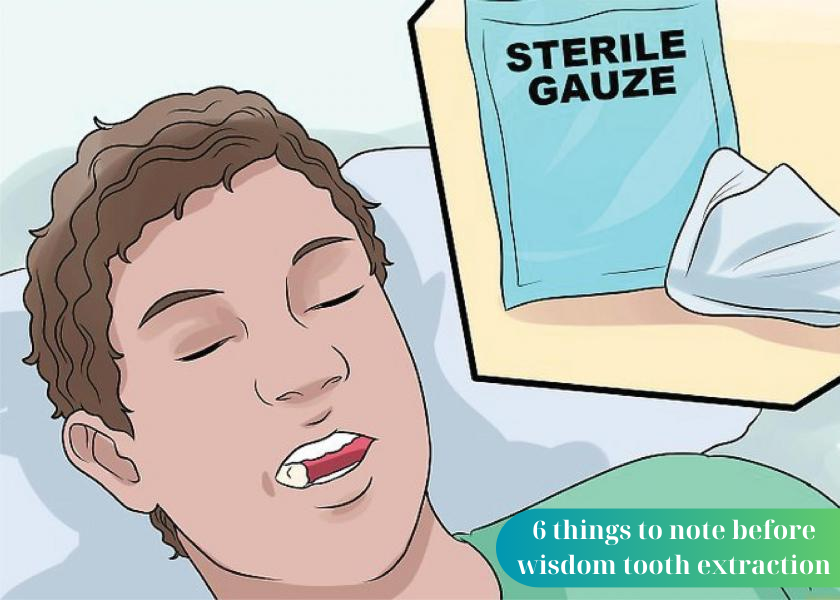Things to note before wisdom tooth extraction: Having to have a tooth extracted is something no one wants. However, tooth number 8 ultimately seriously affects oral health for many reasons. Therefore, the decision to extract a tooth should be consulted by a leading doctor.
In addition, before wisdom tooth extraction, you need to be equipped with the most basic knowledge about what to note before wisdom tooth extraction? In the article below, BeamDental shares all the advice before and after wisdom tooth extraction.
Tư vấn chuyên môn bài viết:
BÁC SĨ DƯƠNG THỊ THÙY NGA
Why is it necessary to remove wisdom teeth?

Currently, many people are still subjective and consider wisdom teeth just like normal teeth. Therefore, there is no need to extract the eighth tooth.
However, it is very rare for a person’s jawbone to be wide enough, for wisdom teeth to grow straight, not obscure other teeth, have a balanced shape and not lie close to the nerve. On the contrary, wisdom teeth that are crooked, horizontal, or stuck in the adjacent teeth need to be removed.
Not pulling that 8th tooth can cause pain, swelling, persistent fever, and weight loss. Worse yet, these abnormally growing wisdom teeth can seriously affect your oral health. Mild cases can cause gingivitis and periodontitis. Severe cases can lead to tooth decay, damage to neighboring teeth, and even total tooth loss.
Experts also recommend early tooth extraction, even if the tooth is growing normally. Because initially it is almost harmless, but in the long run that tooth can cause serious complications, especially for pregnant mothers.
See more: Why must wisdom teeth be extracted? When should wisdom teeth be extracted?
3 dangerous complications if impacted wisdom teeth are not extracted
The eighth tooth that grows last often does not follow the rules. Therefore, the teething condition of the jaw frame is different for each person. Failure to pay attention to your dentist’s examination and removal recommendations can lead to a number of serious complications, including:
Tooth decay and infection
Wisdom teeth are located deep in the corner of the jaw. Therefore, oral hygiene is also more difficult than other teeth.
Not cleaning your wisdom teeth will create a favorable environment for bacteria to grow and develop. Food stuck between teeth for too long will cause tooth decay. Tooth decay often affects the 7th molars, next to the wisdom teeth. If the wisdom tooth is not removed at this time, it can lead to infection.
Teeth grow crowded and irregular

A beautiful set of teeth needs to be even, straight and not crowded. However, the jaw bone structure of Asian people is often very small, so wisdom teeth do not have enough room to grow in the correct position. That’s why many people encounter teeth that are crowded, pressed together, or stuck together when tooth number 8 appears.
However, in the long term, this phenomenon can lead to tooth root bone loss. As a result, teeth become weaker, more susceptible to loosening and falling out prematurely. In addition, crowded teeth significantly impair the ability to chew and crush food.
Causes gingivitis and other complications
If you do not keep your teeth and gums clean, it can easily lead to gingivitis and bad breath. But if you have wisdom teeth, oral hygiene must be even more serious. Wisdom teeth growing in a more hidden position should be cleaned with special tools.
Gingivitis that is not treated properly for a long time can be dangerous to the cheeks, ears and eyes. Worse, gingivitis can even be life-threatening.
In necessary cases, wisdom teeth extraction is necessary
Not everyone with tooth number 8 needs to be extracted. You need to keep in mind one of the following things when removing wisdom teeth:
Your wisdom teeth may grow crookedly, grow underground, or even grow horizontally. This causes pain and directly affects the daily eating process.
Growing wisdom teeth leaves a small space between the 8th and 7th molars. These small gaps are often clogged with food and are very difficult to clean. A little neglect can create favorable conditions for bacteria to grow and destroy adjacent teeth.
Wisdom teeth have decay, or cavities in adjacent teeth.
There are many other potential risks of dental disease.
See more: Is Wisdom Tooth Extraction Painful? 5+ Ways To Relieve Pain
Notes before wisdom tooth extraction: When should you avoid?

Wisdom tooth extraction is necessary when the teeth are abnormal. However, caution should be used before removing wisdom teeth, because minor surgery is not always possible. Specifically, the times when tooth number 8 should not be extracted are:
- People with gingivitis and gingivitis: Do not have teeth extracted if you have gingivitis or gum infection. At this time, the mouth is quite seriously infected. Many dangerous complications occur when tooth extraction causes the infection to become serious.
- Pregnant women: During pregnancy, the amount of calcium in the mother’s body is significantly reversed, which affects tooth extraction. In addition, wisdom teeth that are often extracted are susceptible to inflammation and infection. Pregnant women who have wisdom teeth extracted will increase the risk of infection.
- People who have just recovered from illness: At this time, the body is still quite weak and the immune system has not yet recovered to normal. When wisdom teeth are extracted, it will take a long time for the person who has them to grow back. The results could even be disastrous.
- Women during the menstrual cycle: Women’s bodies during menstruation are very sensitive. Pain and fatigue, the body constantly retains water, the mucous membranes are slightly swollen, and the blood is thin. Trying to pull it out can make your body more tired, make it harder to stop the bleeding, and can lead to infection.
Notes before and after tooth extraction from leading experts
- Wisdom tooth extraction and care methods are attracting attention. Not only do you need to pay attention before removing wisdom teeth, but aftercare also needs to be done step by step. Failure to do so can lead to unpredictable consequences affecting health and life.
- Consult an expert about notes before wisdom tooth extraction
- To ensure wisdom tooth extraction is safe, the following four notes should be followed before extraction.
- Consult your doctor if you have underlying medical conditions such as diabetes, heart disease, high blood pressure, medication allergies, or are menstruating. Most doctors will decide to delay tooth extraction or use a safer medication.
- Prepare mentally for comfort: With the development of science and technology, many types of machines have been developed to help extract tooth number 8 safely, without causing pain or complications. Therefore, you need to prepare a comfortable mentality because stress is also one of the causes of pain.
- You should clean your teeth before tooth extraction: limit the risk of tooth infection. In addition, actively brushing your teeth at home will help you feel more confident.
- Choose a reputable dentist to remove wisdom teeth: Choosing a reputable dentist is one of the things to consider before removing wisdom teeth. In addition, medical instruments must also be sterile to ensure absolute safety for the tooth extraction process.
See more: What is Wisdom Tooth Number 8? Should Wisdom Teeth That Grow Straight?
6 things to note before wisdom tooth extraction
Not only do you have to remember the notes before removing wisdom teeth, you also need to keep in mind the following things after tooth extraction:
Bite firmly on cotton gauze to stop the bleeding at first
Bleeding after wisdom tooth extraction is inevitable. To stop the bleeding, the doctor will place a sterile cotton swab on the extracted area. All you need to do is hold the cotton pad in place and hold it firmly to stop the bleeding.
In addition, you should not keep the gauze bandage on for a long time, because when removing the gauze, blood clots can easily form. This can lead to new bleeding that is more difficult to stop than before.
The hemostatic dressing should be kept on for the first hour or so to prevent bleeding
Use pain relievers and anti-inflammatory medications as prescribed by your doctor
You will not feel pain during the tooth extraction process. However, when the anesthetic wears off, pain will occur.
When you get home, take the pain relievers and anti-inflammatory antibiotics prescribed by your doctor. The pain disappears quickly in about 1-2 days. Please note that both prescription and dosage advice must be followed for best results.
Apply hot and cold compresses to reduce pain and swelling
Pain and swelling after tooth extraction is normal. Warm and cold compresses can be applied to reduce swelling in the cheek where the extraction was performed.
In the first days, you can use a clean towel wrapped in ice to apply externally. Apply for about 30 minutes and leave for 30 minutes before continuing. Do not apply ice directly to your face because it can cause frostbite.
After about 2 days, you can start applying hot compresses. Continuing to use this method will help reduce swelling and dispel pain after 7 days.
Oral hygiene is clean but must be done properly
Oral hygiene is essential after wisdom tooth extraction to avoid infection. However, it needs to be done more carefully so as not to damage the extracted tooth.
Note that the cotton swab can be removed about an hour after wisdom tooth extraction, by which time you will have a blood clot. You should limit spitting and suck and gargle regularly. This can cause the clot to fall out and make bleeding difficult to stop.
The advice for you is not to perform oral hygiene including rinsing and brushing your teeth for the first 24 hours. Besides, you should not use your tongue or foreign objects to probe this open wound. If you see a little pink blood in your saliva, there is no need to panic because it is a common phenomenon and does not cause any harm.
After 24 hours, you are allowed to rinse your mouth with saline and brush your teeth. Don’t ignore oral hygiene because you’re afraid of pain or wound infection. Open wounds increase the risk of infection because the mouth is not clean.
Brush your teeth gently and keep the toothbrush away from the newly extracted wound. Remove trapped food particles and be careful not to let them fall into the tooth cavity. Additionally, you can use dental floss and mouthwash, but be careful.
Diet

After wisdom tooth extraction, you need to establish a scientific and nutritious diet. Eat only soft, liquid foods, and limit chewing as much as possible. For example, you can eat porridge, noodles, milk, drink smoothies, eat pudding, and eat liquid foods rich in calcium to speed up the recovery process.
Avoid fatty foods and acidic fruits such as oranges and lemons. At the same time, stay away from alcoholic beverages such as wine, beer and stimulants such as cigarettes, tobacco, etc.
Scientific living and resting regime
For the wound to heal quickly, you need to rest for a few days. At the same time, limit overexertion and never participate in vigorous activities. In addition, you need to keep a happy mentality to eat more deliciously. This will help the wound heal faster.
The above article has helped you learn everything about things to note before wisdom tooth extraction and how to care for the wound after extraction. If you need further advice, please contact BeamDental for free support.
BEDENTAL - TOP STANDARD DENTISTRY SYSTEM
In HANOI
Address 1: 7B Thi Sach St, Ngo Thi Nham, Hai Ba Trung Dist, Ha Noi. - 0934.61.9090
Address 2: 343 Tay Son St, Nga Tu So Ward, Dong Da Dist, Ha Noi. (Nga Tu So Cross) - 0934.61.9090
Address 3: CC2 Tower Nguyen Huu Tho St, Dinh Cong Ward, Hoang Mai Dist, Ha Noi. (Inside True Hope ) - 0934.61.9090
In HO CHI MINH
Address 1: 53 -55 -57 Pho Duc Chinh St, Nguyen Thai Binh, Dist. 1, Ho Chi Minh. - 0766.00.8080
Address2: 25, City Land urban area, Go Vap Dist, Ho Chi Minh - 0766.00.8080
Working: 9am - 6pm everyday
Website: https://bedental.vn/en/



